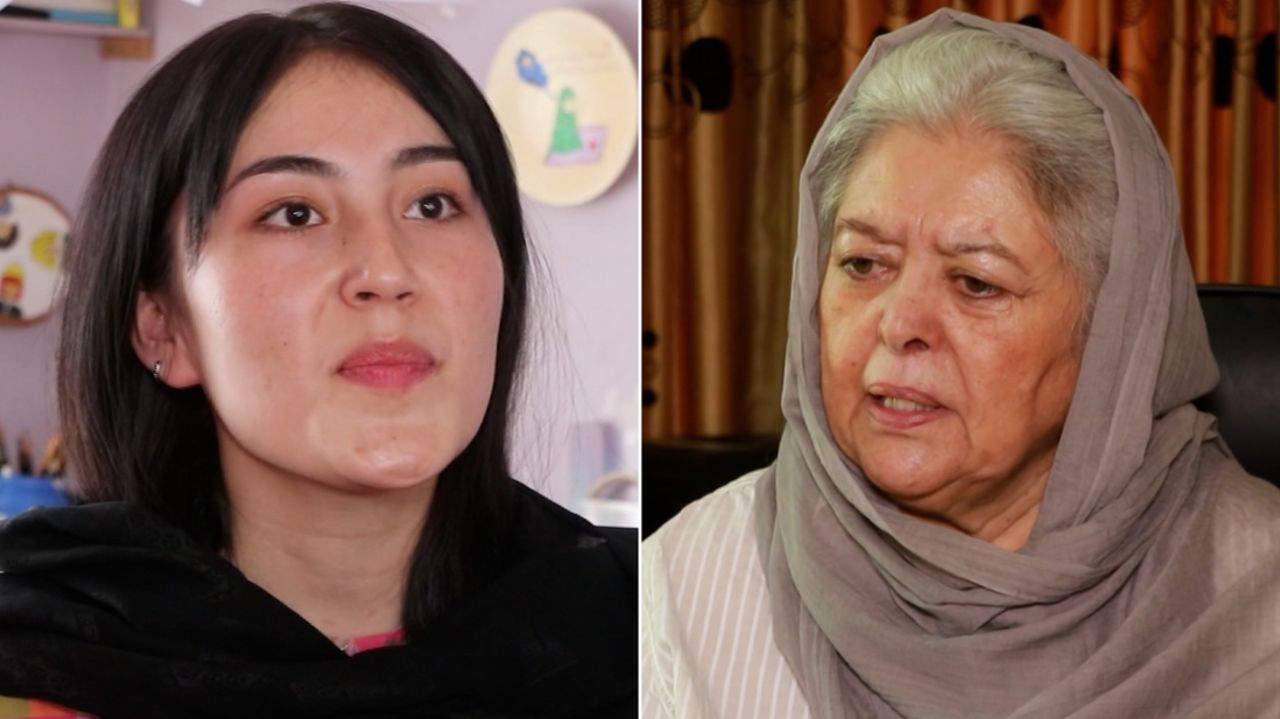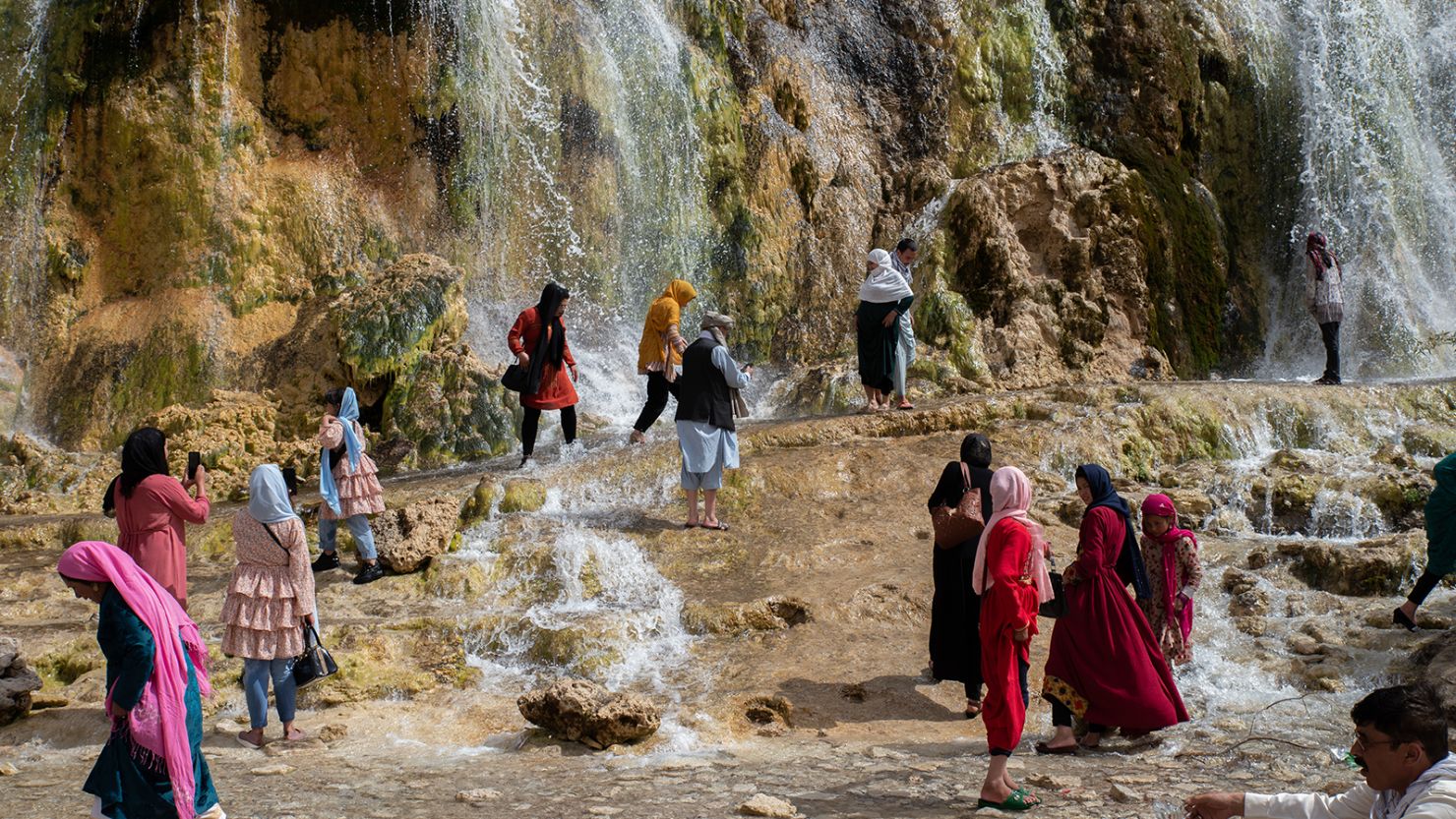Afghanistan’s Band-e-Amir National Park was known for having employed the country’s first-ever female park rangers. Now, women won’t even be allowed to visit, let alone work there, as the Taliban deepens its repressive rule over the country.
Afghanistan’s Minister for the Propagation of Virtue and Prevention of Vice, Mohammad Khalid Hanafi, announced Saturday that women will no longer be able to visit the popular park, located in central Bamiyan province, one of the country’s poorest and least developed regions.
Established in 2019 by the local Afghan government in collaboration with several international agencies including USAID and the United Nations Development Programme, the park was considered a peaceful oasis with deep blue lakes surrounded by mountains.
Heather Barr, associate director of the women’s rights at Human Rights Watch, said in a statement Monday that the ban shows how “the walls are closing in on women” within Afghanistan.
“Not content with depriving girls and women of education, employment, and free movement, the Taliban also want to take from them parks and sport and now even nature, as we see from this latest ban on women visiting Band-e-Amir,” she said.
“Step by step the walls are closing in on women as every home becomes a prison.”

The Taliban’s casts a long and notorious shadow over Bamiyan province. Home to a sizable Shia Muslim minority it was the site of horrific massacres during the civil war of the 1990s and the subsequent rise of the Taliban.
It was also once the center of a thriving Buddhist civilization on the 4th and 5th centuries. But in March 2001, the Taliban famously destroyed two enormous statues of Buddha in Bamiyan that had stood undisturbed for more than 1,500 years, saying they were idols that violated Islam.
Since re-taking control of the country in August 2021, amid the United States’ chaotic, controversial withdrawal, the Taliban has rolled back decades of progress on human rights. And with bans on most work and study, women are largely confined to their homes.
In Afghanistan, “there is no such thing as women’s freedom anymore,” Mahbouba Seraj, an Afghan women’s rights activist and 2023 Nobel Peace Prize nominee, said earlier this month.
“The women in Afghanistan are being slowly erased from society, from life, from everything – their opinions, their voices, what they think, where they are,” she added.
This latest restriction comes nearly a month after women were banned from beauty salons in Afghanistan, further diminishing their freedom in what was also a harsh economic blow to families who relied on them for income.
According to a UN report released in June, women are banned from working in most sectors outside the home, and are prohibited from attending public baths, parks, and gyms. They must wear a loose-fitting black garment that covers their face, and they’re not permitted to leave home without reason, and even then not without a male guardian.
The report was compiled after a week-long visit to Afghanistan by Richard Bennett, the Special Rapporteur on the situation of human rights in Afghanistan, and Dorothy Estrada-Tanck, who led a contingent from the working group on discrimination against women and girls.
Restrictions imposed outside the home and economic hardship had resulted in “significant tensions” inside homes and a rise in domestic violence, and there was “notable evidence” of a “significant increase” in forced marriage of girls, the report found.
CNN’s Hilary Whiteman, Jessie Yeung, Anna Coren and Jawad Temori contributed reporting.

